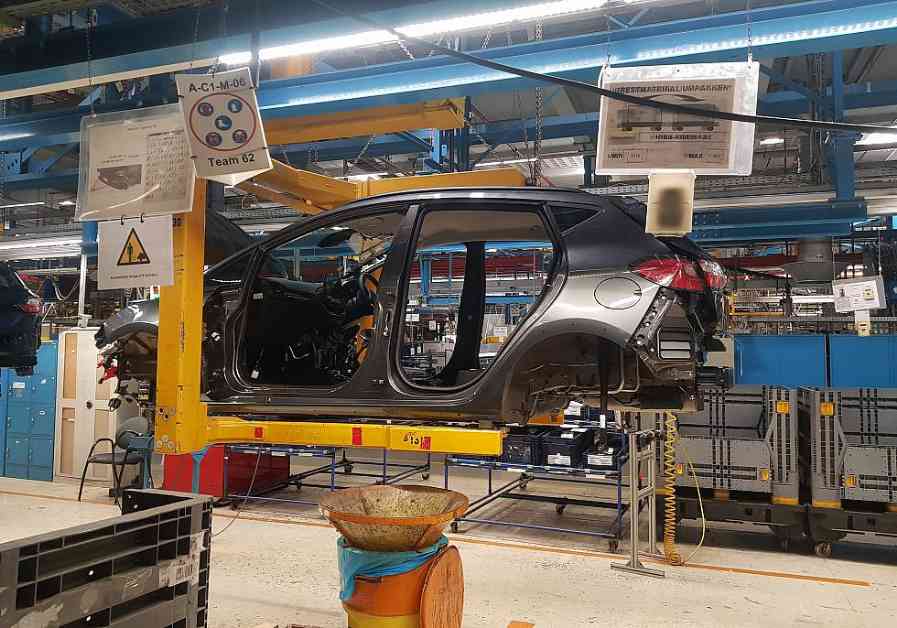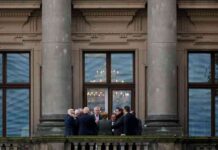The Left Party Proposes Wealth Tax to Rescue the Auto Industry
In light of the auto summit taking place this Monday, the Left Party is calling for a wealth tax to save the struggling auto industry. Party chairman Martin Schirdewan emphasized the need to secure the incomes of workers and their jobs, rather than prioritizing the profits of billionaires like the Porsche family and the Qatar sheikhs. Schirdewan stated in an interview with the „Rheinische Post“ that the future of tens of thousands of families and the protection of living conditions should not be dependent on the further enrichment of billionaires. Therefore, he proposed implementing a wealth tax for multimillionaires to cover the costs of the industry’s transformation.
Ensuring Fair Distribution of Costs and a Sustainable Future
Schirdewan stressed the importance of distributing costs fairly and ensuring that the burden does not fall solely on the working class. He highlighted the need for a comprehensive plan that addresses the challenges faced by the auto industry while safeguarding the livelihoods of workers. The Left Party’s chairwoman, Janine Wissler, echoed these sentiments, calling for clear directives from the government to establish a sustainable industrial production model that prioritizes job security and environmental protection.
A Six-Point Plan for the Revival of VW and the Auto Industry
The Left Party’s executive board is set to approve a six-point plan on Monday aimed at rescuing Volkswagen and the broader auto sector. Alongside the proposed wealth tax, the plan includes demands for job security and income guarantees for workers. The document also prohibits the distribution of dividends when public funds are utilized to support the industry. These measures are designed to ensure that taxpayer money is used effectively to revive the auto industry while protecting the interests of workers and the environment.
The proposal for a wealth tax has sparked debate among policymakers and industry stakeholders, with some questioning the feasibility and potential consequences of such a measure. While critics argue that imposing additional taxes on the wealthy could hinder economic growth and discourage investment, proponents of the wealth tax contend that it is a necessary step to address income inequality and fund essential social programs.
In response to the Left Party’s proposal, government officials have expressed willingness to engage in discussions about alternative funding mechanisms for the auto industry’s transformation. Chancellor Angela Merkel’s administration has emphasized the importance of balancing economic recovery with social responsibility and environmental sustainability. As negotiations unfold, stakeholders from various sectors are expected to contribute their perspectives on the best course of action to ensure the auto industry’s resilience and competitiveness in the global market.
The auto industry faces a myriad of challenges, including the shift towards electric vehicles, changing consumer preferences, and the need to reduce carbon emissions to meet environmental targets. As automakers navigate these transitions, it is essential for policymakers to consider the broader implications of their decisions on workers, communities, and the economy as a whole. By prioritizing sustainability, equity, and innovation, the auto industry can position itself for long-term success in a rapidly evolving market landscape.
In conclusion, the Left Party’s proposal for a wealth tax to rescue the auto industry reflects a broader debate about economic policy, social justice, and environmental sustainability. While the implementation of such a measure may face obstacles and opposition, it underscores the urgent need for a comprehensive approach to address the challenges facing the auto industry. By engaging in constructive dialogue and exploring creative solutions, policymakers can chart a path towards a more equitable, resilient, and environmentally friendly future for the auto sector.















